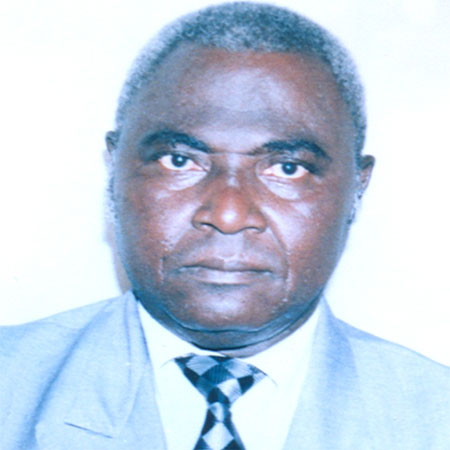
The appeal file by defence counsel Ousainou Darboe on behalf of his client, Femi Peters, at the High Court in
When the case was called before Justice Moses Richards, it was noticed that the appellant and his counsel were not in court, whereas the Director of Public Prosecutions, Richard Chenge, announced his representation for the respondent (the state).
This prompted the trial judge, Justice Moses Richards, to adjourn the case to 31 March 2010.
However, minutes after the adjournment of the case, Lawyer Darboe stepped into the courtroom, and was informed that his case has been adjourned.
Defence counsel Darboe told the judge that the case was supposed to come up at 12 noon.
Subsequently, there was an argument between Lawyer Darboe and the deputy Director of Public Prosecutions, Mikailu Abdoulhi, about the constitutionality of the appeal.
According to Lawyer Darboe, the matter before the court is a constitutional issue and should be dealt with urgently.
Femi Peters is standing trial at the Kanifing Magistrates' Court on charges of control of procession and use of a loud speaker.
The defence is seeking a stay of proceedings at the lower court, pending the determination of the appeal at the High Court.
According to the notice of appeal, the appellant in this case was dissatisfied with the ruling of the Kanifing Magistrates' Court, presided over by Ikapala dated 23rd November 2010.
The appellant was, therefore, appealing to the High Court based on the following grounds:
That the learned Magistrate erred in law when he refused to refer to the Supreme Court for the determination of the constitutional question formulated for reference;
That Section 127 of the Constitution makes it mandatory for any court to refer the matter when an application for such reference is made;
That Section 127 of the Constitution does not vest any discretion in any lower court in which an application for reference to the Supreme Court is made.
That the learned Magistrate erred in law when he held that he must be satisfied that a constitutional issue has arisen before he could refer any matter to the Supreme Court under Section 127 of the Constitution;
That by the said holding the learned Magistrate embarked upon an interpretation of the Constitution, a matter reserved for the Supreme Court; and that this was incomplete disregard of the provisions of Section 127 of the Constitution.
That the learned Magistrate read into Section 127 matters, which the framers of the Constitution have excluded therefrom.
That the learned Magistrate exceeded his jurisdiction when he in effect decided that he does not see how the Public Order Act is in conflict with the Constitution and by so deciding usurped the interpretative jurisdiction and functions of the Supreme Court.

